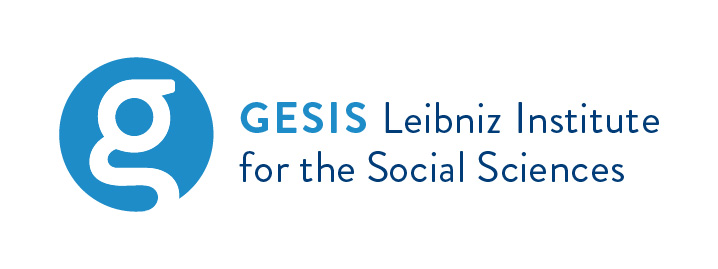Short Scale for Measuring General Self-efficacy Beliefs (ASKU)
Abstract
General self-efficacy expectations refer to appraisals of one’s own competencies to plan and execute actions in a successful way in order to achieve desired goals. Self-efficacy expectations have an impact on numerous aspects of day-to-day activities. Empirical studies show that they are linked to a number of key social scientific variables in the field of work, health, and social relations. This fact makes self-efficacy expectations particularly interesting for interdisciplinary survey research because they may explain variance in outcome variables. However, a short scale for assessing general self-efficacy expectations which is compatible for social surveys is still missing. In the scope of three empirical studies we developed and validated the “General Self-Efficacy Short Scale” (in German: ASKU) which contains only three items. The results indicate that despite of its brevity the ASKU measures the construct in a reliable and valid way. Furthermore, the findings suggest that the short scale show measurement invariance with respect to different assessment modes. As expected, the scale exhibits expected relations to sociodemographic variables as well as social scientific content variables.
Full Text:
PDF (Deutsch)DOI: https://doi.org/10.12758/mda.2013.014
Refbacks
- There are currently no refbacks.
Copyright (c) 2017 Constanze Beierlein, Christoph J. Kemper, Anastassiya Kovaleva, Beatrice Rammstedt

This work is licensed under a Creative Commons Attribution 4.0 International License.

